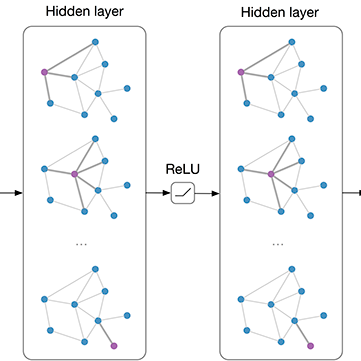The sizing field defined on a triangular background grid is pivotal for controlling the quality and efficiency of unstructured mesh generation. However, creating an optimal background grid that is geometrically conforming, computationally lightweight, and free from artifacts like banding is a significant challenge. This paper introduces a novel, adaptive background grid simplification (ABGS) framework based on a Graph Convolutional Network (GCN). We reformulate the grid simplification task as an edge score regression problem and train a GCN model to efficiently predict optimal edge collapse candidates. The model is guided by a custom loss function that holistically considers both geometric fidelity and sizing field accuracy. This data-driven approach replaces a costly procedural evaluation, accelerating the simplification process. Experimental results demonstrate the effectiveness of our framework across diverse and complex engineering models. Compared to the initial dense grids, our simplified background grids achieve an element reduction of 74%-94%, leading to a 35%-88% decrease in sizing field query times.
翻译:暂无翻译





